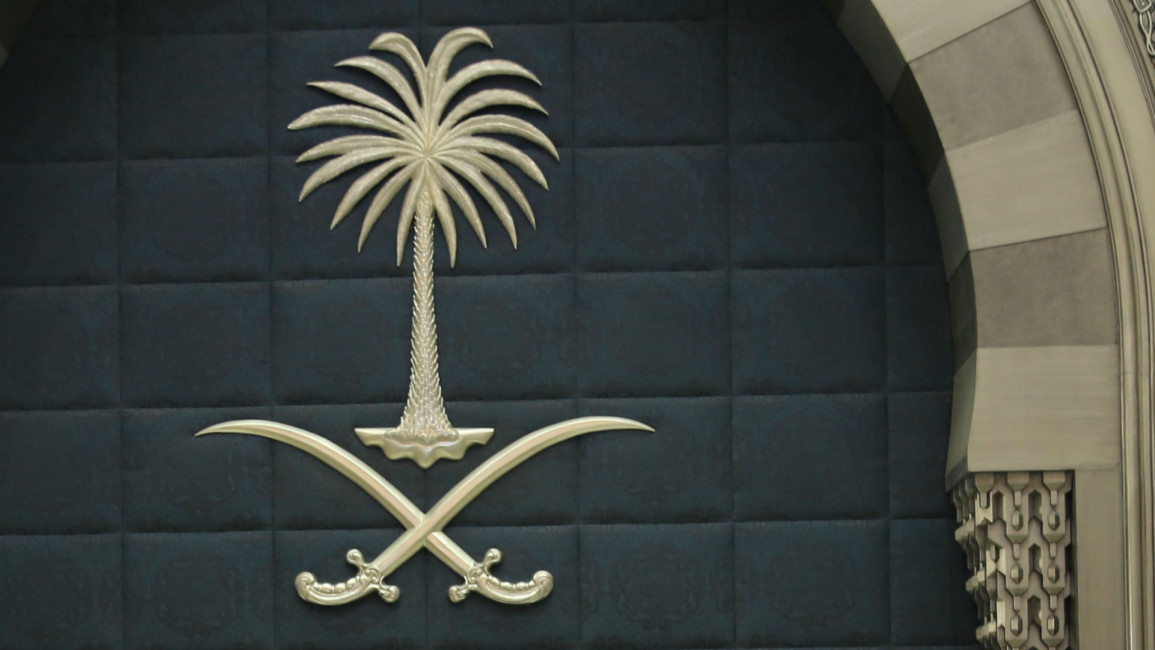Canadian court rejects bid to block Saudi arms deal
Justice Daniel Tremblay-Lamer ruled in a 28-page decision that Canada's minister of foreign affairs has broad discretionary powers to grant export permits.
"The role of the court is not to pass moral judgment on the minister's decision to issue the export permits, but only to make sure of the legality of such a decision," the decision read.
It added that the minister who granted the export permits "considered the economic impact of the proposed export, Canada's national and international security interests, Saudi Arabia's human rights record and the conflict in Yemen" before issuing them.
The failed challenge was launched by Montreal professor Daniel Turp, a former MP. He argued that the decision to grant the export permits contravened Canada's Export and Import Permits Act and the Geneva Conventions Act, according to the federal court summary of the case.
A spokesman for Turp said there is a "strong possibility" that he will appeal the decision.
Struck under former prime minister Stephen Harper's government, the multi-billion dollar arms sale was touted as an opportunity to create thousands of jobs in southern Ontario.
However due to concerns about Saudi Arabia's human rights record, the deal has proved highly controversial.
"The Federal Court ruling does not make the sale of Canadian military equipment to a human rights pariah - the precise type of deal Canada should be denouncing rather than vindicating - any more palatable," Cesar Jaramillo, executive director of peace and disarmament group Project Ploughsharesto told CBC News.
"If the Minister of Foreign Affairs can authorise such deals despite the abysmal human rights record of the recipient, then the ruling itself should serve as a compelling call for strengthening our military export controls."
Since directly involving itself in Yemen's war in 2015, Saudi Arabia has become the subject of intense international scrutiny due to accusations of war crimes committed during its aerial campaign.
This led rights groups in 2016 to step up efforts to call for an end to arms sales to the kingom, particularly by Britain and the United States.
In December, British Defence Secretary Michael Fallon was forced to admit that UK-made cluster bombs sold to Riyadh had been used in Yemen.
Despite this, Britain and other countries have insisted that arms sales to Saudi Arabia will continue.



